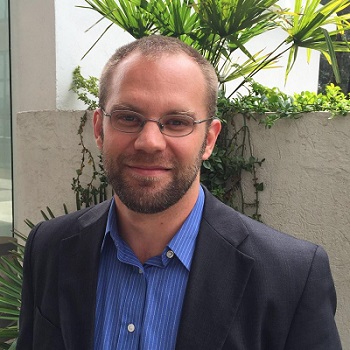
IZA-Publikationen
IZA Discussion Paper No. 18277
IZA Discussion Paper No. 17310
IZA Discussion Paper No. 16110
published in: Population Studies, 2024, 79 (2), 283–297.
IZA Discussion Paper No. 15889
published in: Population and Development Review, 2024, 50 (S2), 539-569
IZA Discussion Paper No. 13777
IZA Discussion Paper No. 13776
published in: Population and Development Review, 2024, 50 (S1), 421-446
Typ